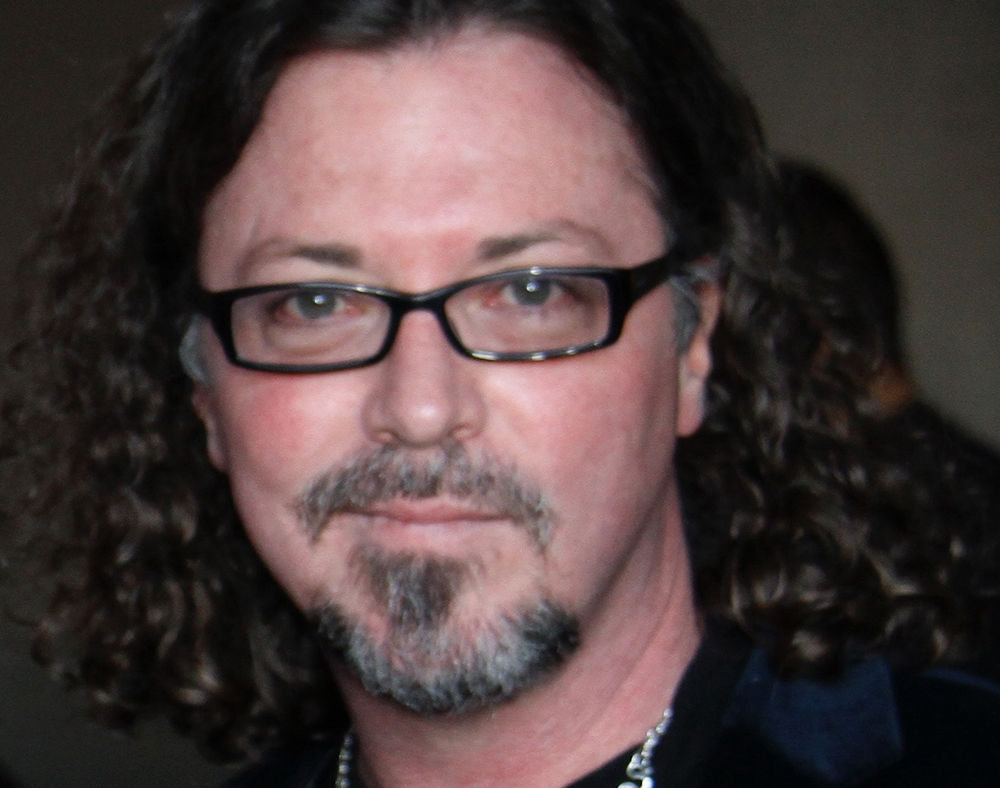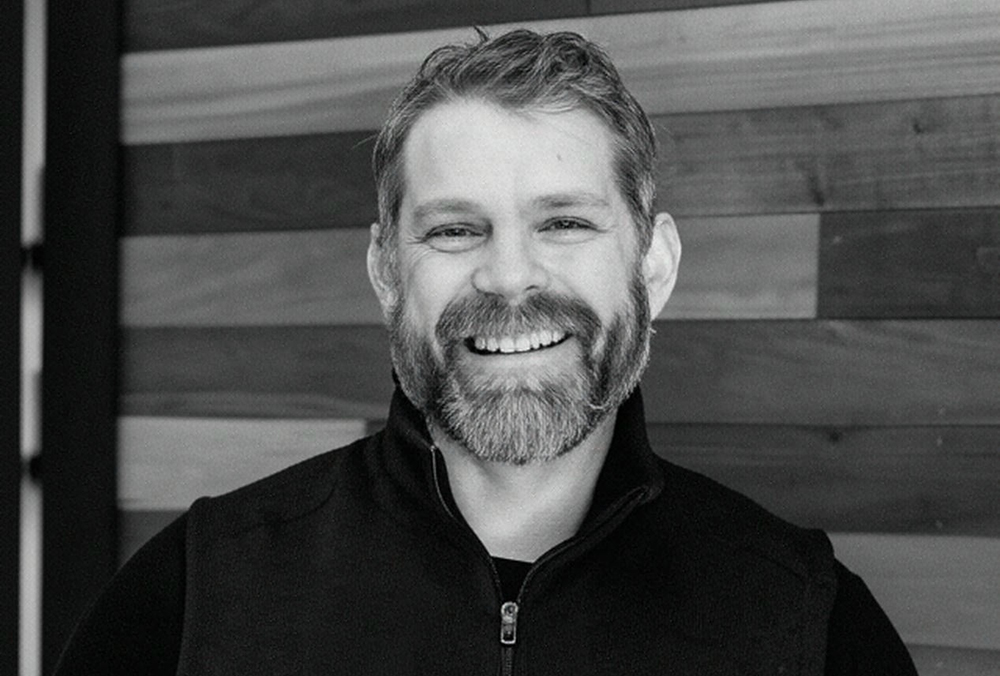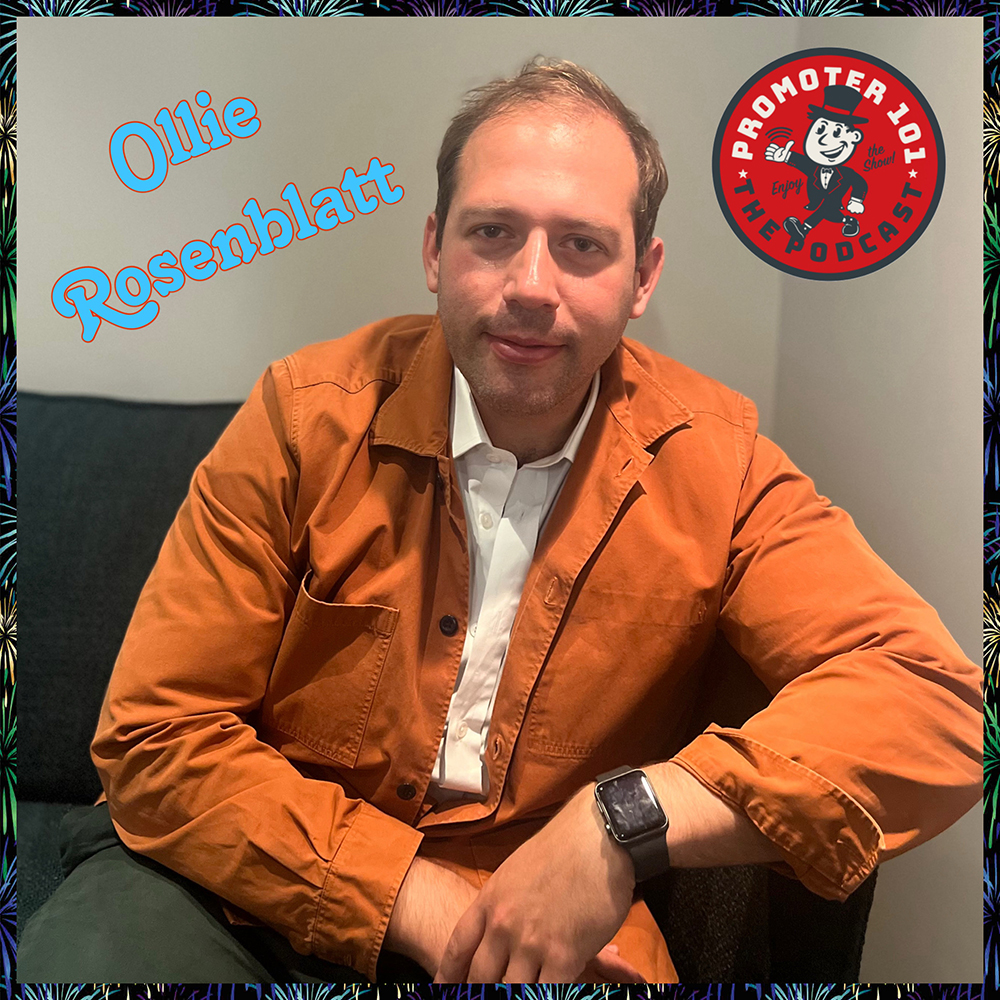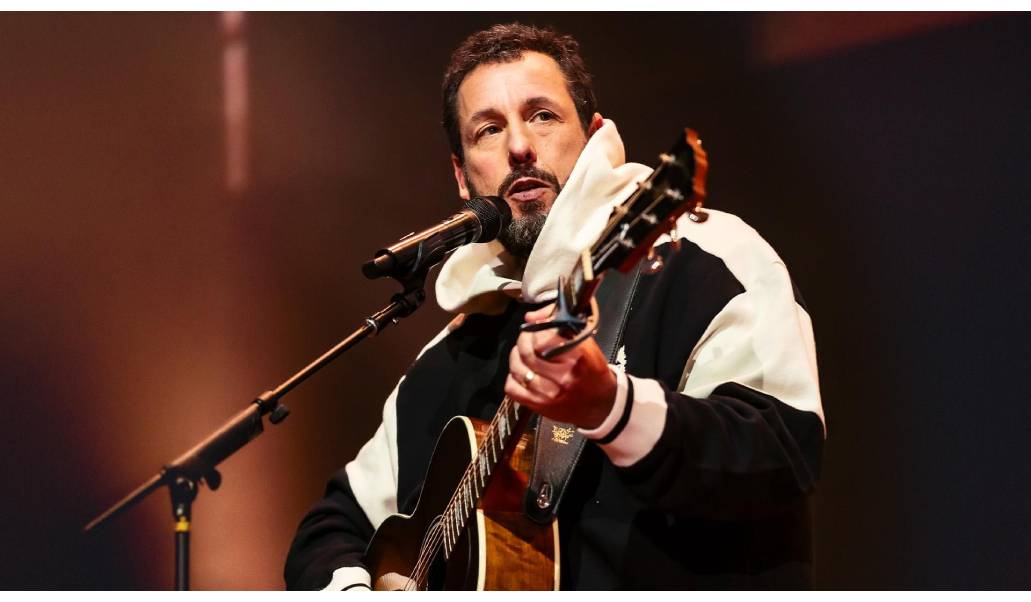
NEW YORK (VIP-NEWS) — At a time when album sales continue to plunge and artists turn to touring as their primary source of income, the development of newer acts is crucial to the future of the music business, according to the "Who Do You Love?" panel at the 5th annual Billboard Touring Conference, held yesterday (Nov. 19) at the Roosevelt Hotel in New York.
With a healthy amount of buzz on the Internet, some developing bands can easily fill a 1,500-seat venue, according to C3 Presents partner Charles Attal. "But to get to the next level" of playing 3,500-capacity buildings, an act must have a mix of moderate album sales and radio play, he noted. "You have to have the whole machine working behind you," Attal said.
The Agency Group senior VP Ken Fermaglich, who books acts like Hinder and Paramore, said that once an artist reaches the level of selling out 1,000- to 3,000-seat venues, the trick is to sustain that number.
With its recent success from music on the soundtrack for "Twilight," Paramore has been getting many offers. But when the rock bands releases its new album in the middle of next year, the agent will "be careful" with what size venues he books the band into. "Times change quickly," he said.
Newer touring bands should also recognize the importance of developing positive relationships with concert promoters and keeping on their good side, according to Paradigm Agency agent Aaron Pinkus. Part of that includes lowering guarantee fees for performances.
"We have one partner in this business and that's the promoter," Pinkus said. "We can treat it as an adversarial relationship … or we can take a lower guarantee and making it about an earnings model."
Attal warned that some acts are pricing themselves out of the market by charging high fees. "Next spring I think you'll see a lot of promoters pass on bands because they just can't do it," he said. "We lost nine in a row with a bigger agency."
With a high amount of bands trying to book club and theater shows, "You have to pick and choose what you'll work with," Attal said. "There's so much traffic that the consumer won't have money to pay $40 or $50 five times per month."
Cutting back on unnecessary costs on the road is also a key factor in developing artist. Earlier this year when gas prices were soaring, Crush Management manager Bob McLynn advised some of his acts to scale back on road crews and take "one bus instead of two," he said. "It's been so crazy this last summer."
Meanwhile, with funding from labels drying up, Fermaglich said, "We need to try and not rely on the label as much because we can't." Instead of labels, the agent suggested finding strategic partners who can offer sponsorship dollars and other sources of revenue. It's up to the "management and agencies to put those things together and find partnerships and labels can't," the agent said.
Attal agreed, noting, "Some of the labels don't have the relationships that some of the promoters do." But Roadrunner Records VP of tour marketing and artist development Harlan Frey said that all parties should be working together to help further a band's career on the road. "I don't think you should (promoters) book a show without REACHING OUT to every person who can help with the marketing of the show." Frey said.
According to Billboard
























































